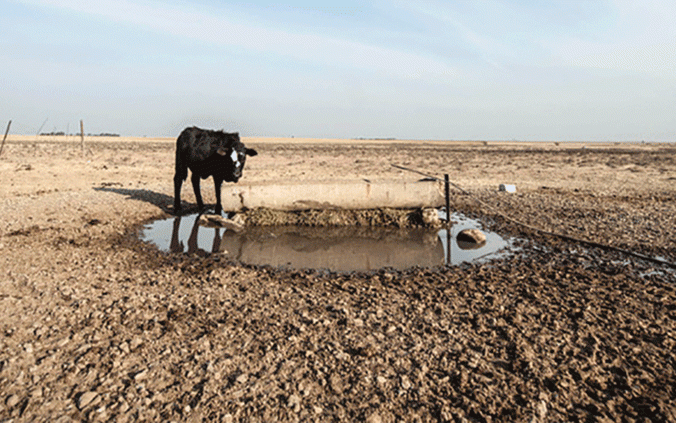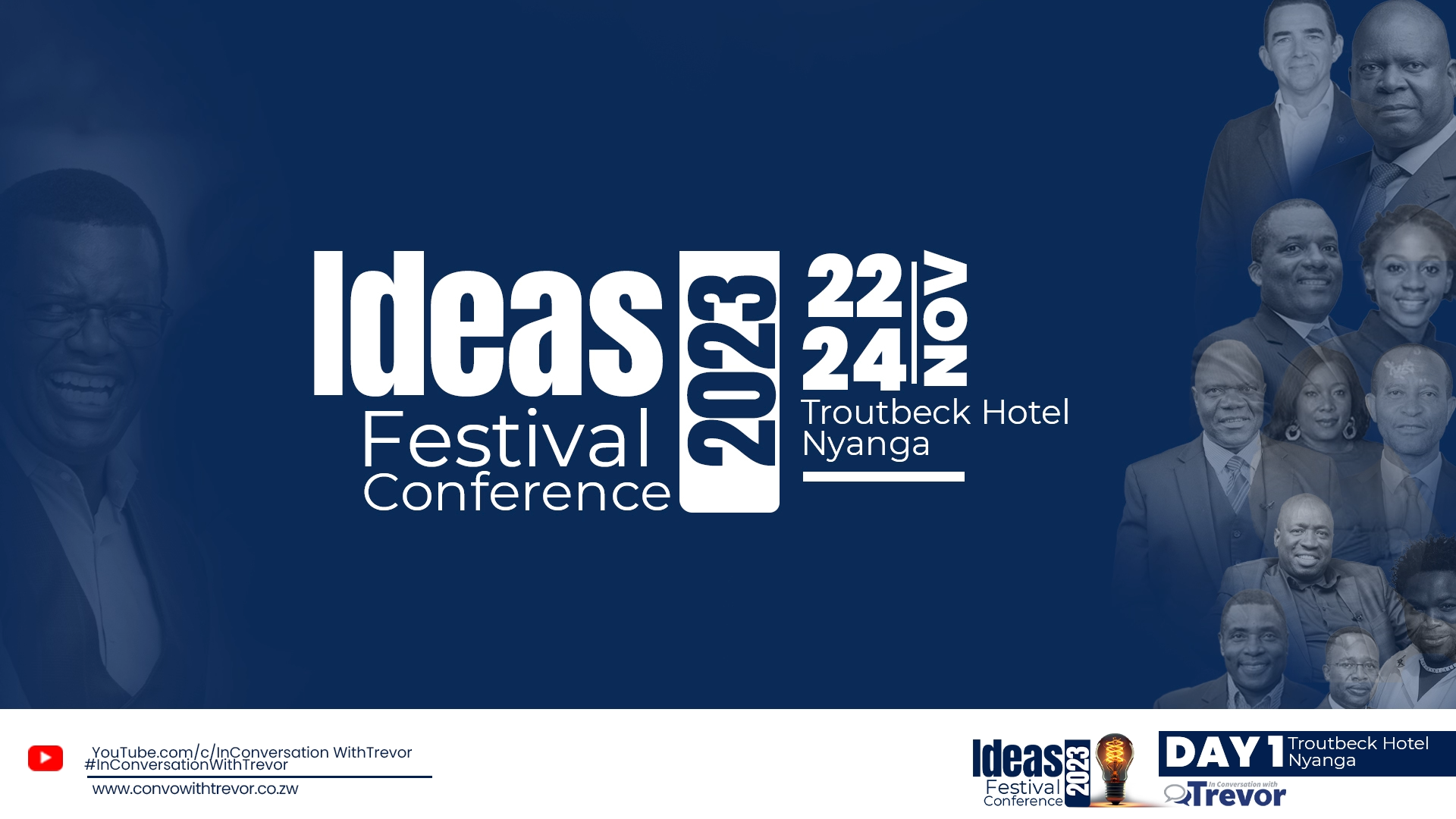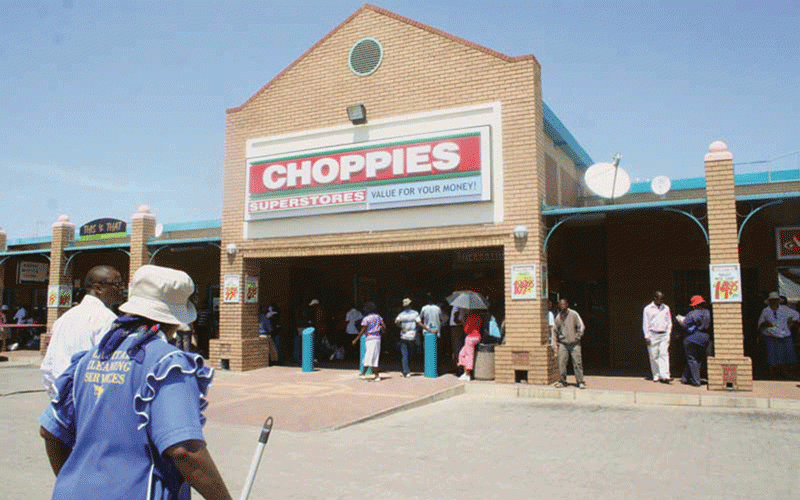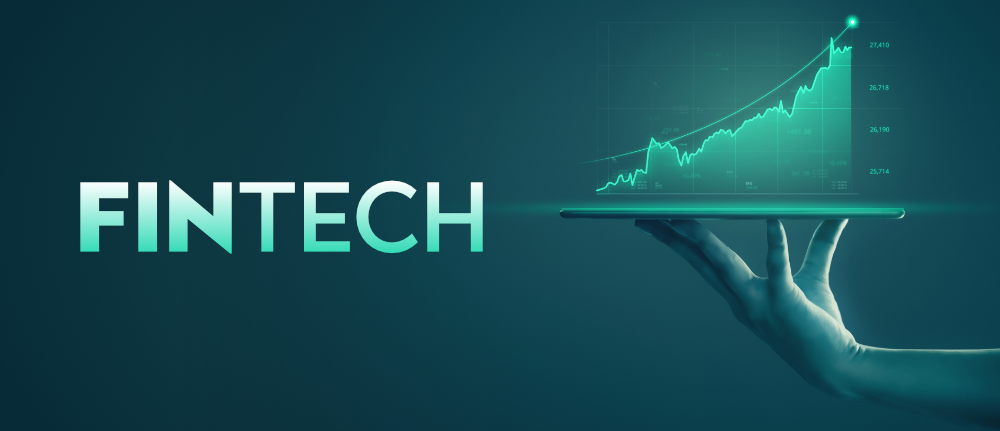ON September 25, 2015, a United Nations gathering of world leaders charted a new global path by adopting what has become popularly known Agenda 2030 for sustainable development, including the 17 sustainable development goals (SDGs).
Born out of the need to improve on millennium development goals, SDGs also referred to as the global goals, were adopted as the call to action to end poverty, protect the planet and ensure that by 2030, all people enjoy peace and prosperity.
All the 17 SDGs became the global benchmarks for measuring developmental progress while backed by 171 daily action plans.
These national goals have been the most abused, least understood, poorly aligned but highly parroted, especially Vision 2030 which has become a cliché, overused and tired phrase. Vision 2030 does not belong to an individual or any president, like the highly politicised and uninformed would want us to believe.
As the global community of nations approaches 2030 without much progress having been registered, just like the now defunct Health for All by the year 2000, a global stocktaking is required.
- Ncube calls for resolutions to development bottlenecks
- NMB gets US$25m from France’s Proparco
- PPC records weak performance from Zim business in H1
- Sustainable development shortest way to better futures: OMZ
- Tanganda set to dump ZSE as great trek to VFEX continues
Even before the realisation of Agenda 2030, a new global trajectory, in the name of Agenda 2063, launched in 2013 the Africa we want, is already in motion. While some experts may choose to say the “Africa we need instead of what we want” it all boils down to semantics, linguistic choices and diversity. In this regard, what does this mean in terms of application and implementation? It means that, Agendas 2030 and 2063 should be linked to operate efficiently but this is no mean task though.
Although SDGs should not be dealt with in isolation but as integrated and interconnected, there are some global goals which cannot be avoided since they are supreme goals, vital for livelihood options. These are SDG1 (no poverty), SDG2 (zero hunger), SDG3 (good health and wellbeing), SDG4 (quality education), SDG5 (gender equality), SDG7 (affordable clean energy), SDG13 (climate action), among others. For instance, for SDG4 (quality education) to be achieved, learning should take place in the context of food, proper feeding and nutritional status including good health, gender equity and equality, where no one is left behind and in the presence of SDG6 (clean water and sanitation) and SDG7 (affordable and clean energy). Just a few of these stated goals are under threat from the impacts of climate change hence SDG13 (climate action) is required.
Climate change continue to manifest itself in the form of El-Nino-induced droughts, reduced precipitation and harvests, extreme heat, moisture stress, malnutrition, vector-borne diseases, water scarcities, destructive floods, cyclones, among others. This is what Africa is currently facing, and it will be a mammoth task to realise Vision 2030 with all these glaring missing links manifesting. The Sustainable Development Centre for Africa’s 2030 Report Series points out that, undernourishment in Africa at 19% is higher than any other continent, food insecurity is -22% while agricultural productivity is key for poverty reduction, sub-Saharan Africa has the lowest agricultural productivity of US$9,96 as compared to Europe and Asia at US$13, in 2020. The agricultural sector has also been found to be the least bankable sector in sub-Saharan Africa. The report also classified education as an income-based issue, which will not succeed and achieve the quality status in the context of disparities in education, income gaps, poverty, loss of livelihoods and lack of inclusiveness.
While SDG13 suggests the taking of urgent action to combat climate change and its impacts, this can only happen when the 17 SDGs are integrated and interconnected, as action in one area would affect outcomes in other SDGs. In this regard, sustainable development should take note of social, economic and environmental sustainability. Therefore, these global goals best operate in a systems approach, where everything is interconnected, where modern infrastructure and its operating systems are closely connected. As such, a failure in one system can affect other linked systems. For instance, lack of food, water and sanitation, poor nutritional status, affordable clean energy would impact on quality education, leading to school dropouts mainly of girls, either married early or made to work as child labourers, erosion of income, lack of climate action, among others. For these reasons sub-Saharan Africa, may not meet the SDG targets by 2030.
These global benchmarks are quite complex in scope and context. While everyone agrees that they should be there for operational guidance, the truth is that they have never succeeded anywhere in the world, to the anticipated levels. Hunger and poverty have been there ever since and in Africa, poverty is not only a social condition but an institution that some people ask themselves why they are not poor in the first place. Of course, African leaders want things to stay this way because in the current inaction, misinformation, disinformation and propaganda, they thrive while failing to walk the talk and turning a blind eye to environmental atrocities taking place in their countries.
While climate change shocks continue to impact on these SDGs, making them unachievable, meeting the needs of the present generations without compromising the ability of the future generations in meeting their own needs will be a pipe dream. Furthermore, climate action, poverty, hunger, health well-being, gender equality, water and sanitation have never been considered in terms of SDG4, quality education.
Above all, while many people and stakeholders are aware of SDGs’ existence, it ends there, they do not sufficiently understand them. This comes about as there is poor alignment of SDGs to climate action strategies, policy, environment and economic development. Processes that engage with SDGs should be established at all levels and turn these global goals into actively shared objectives for all stakeholders.
Peter Makwanya is a climate change communicator. He writes in his personal capacity and he can be contacted on: [email protected]













